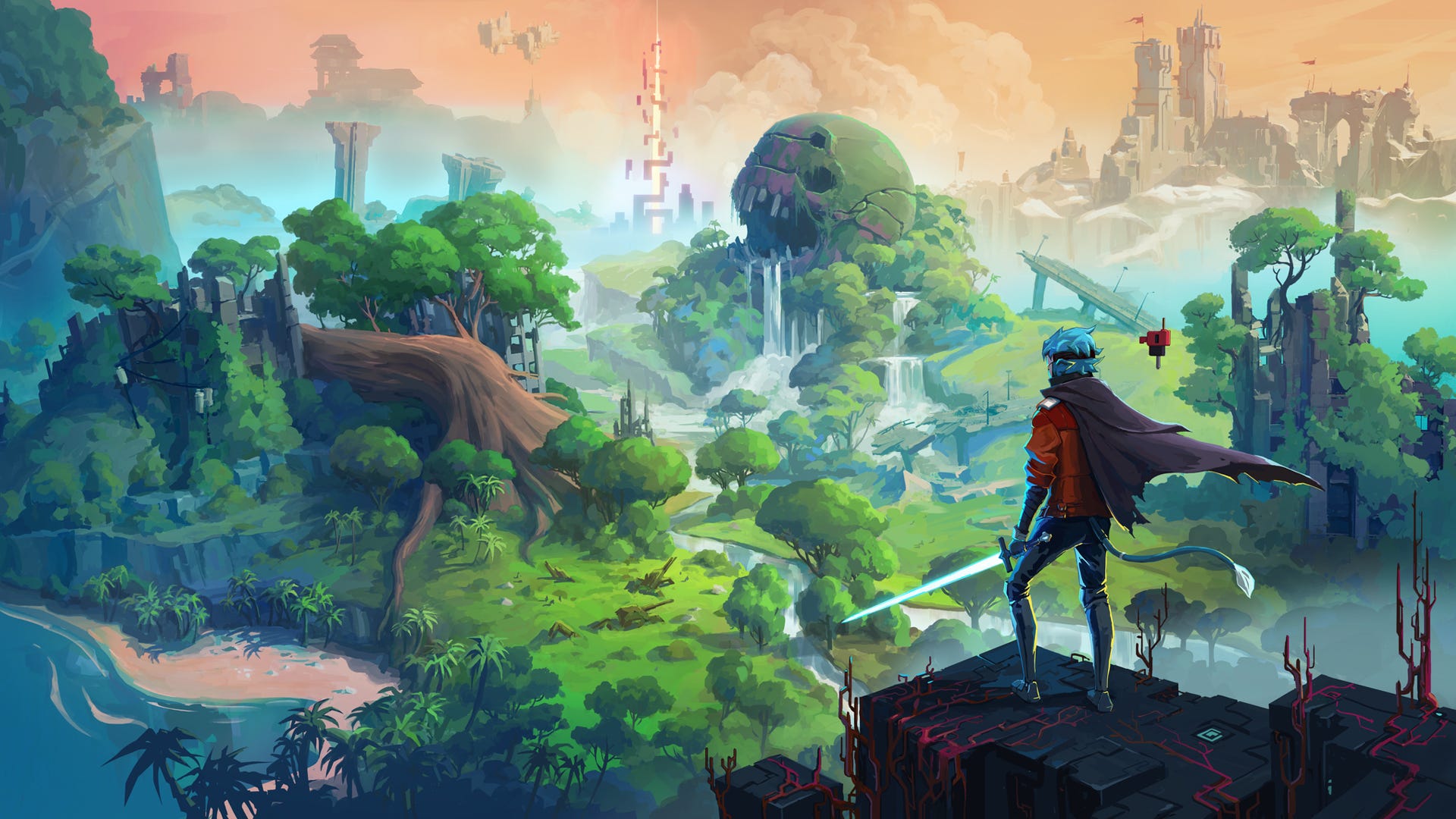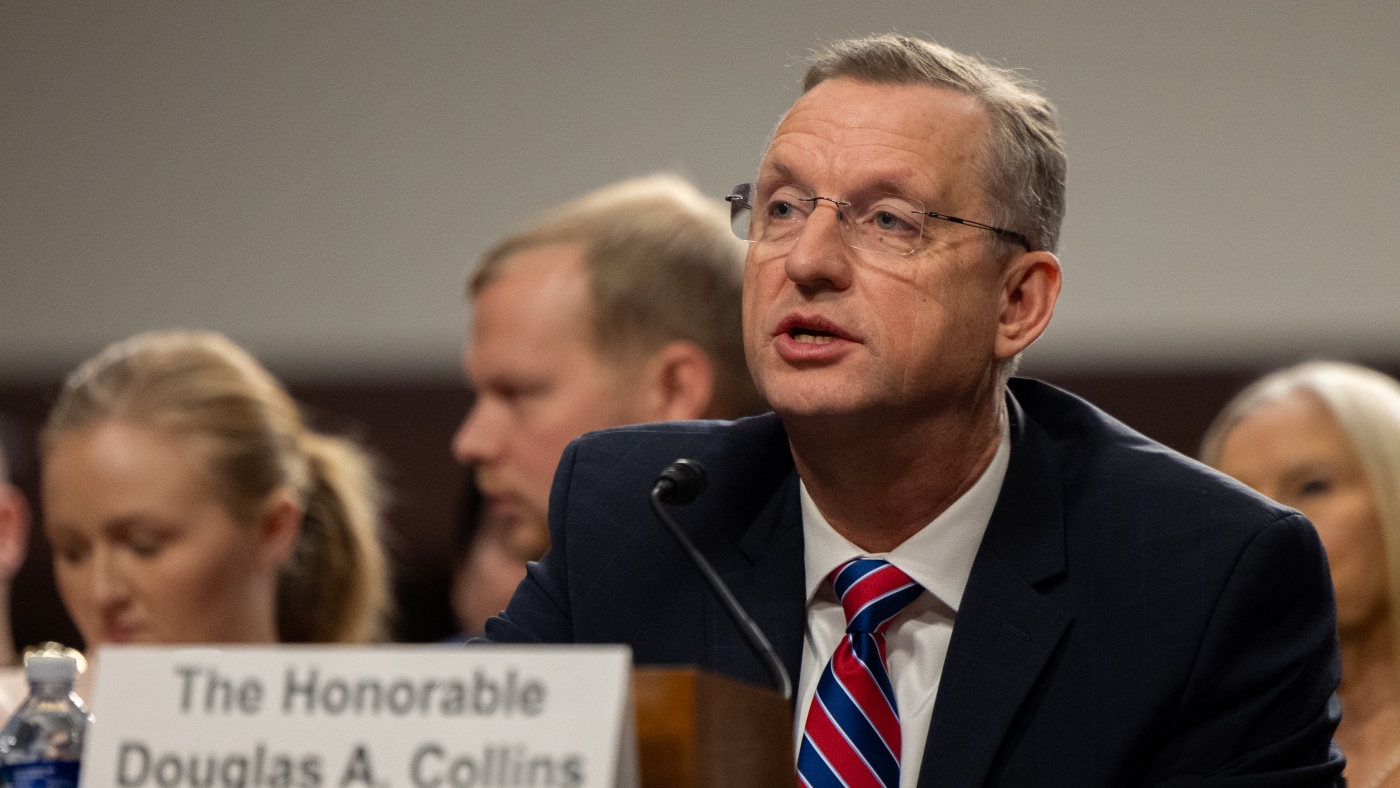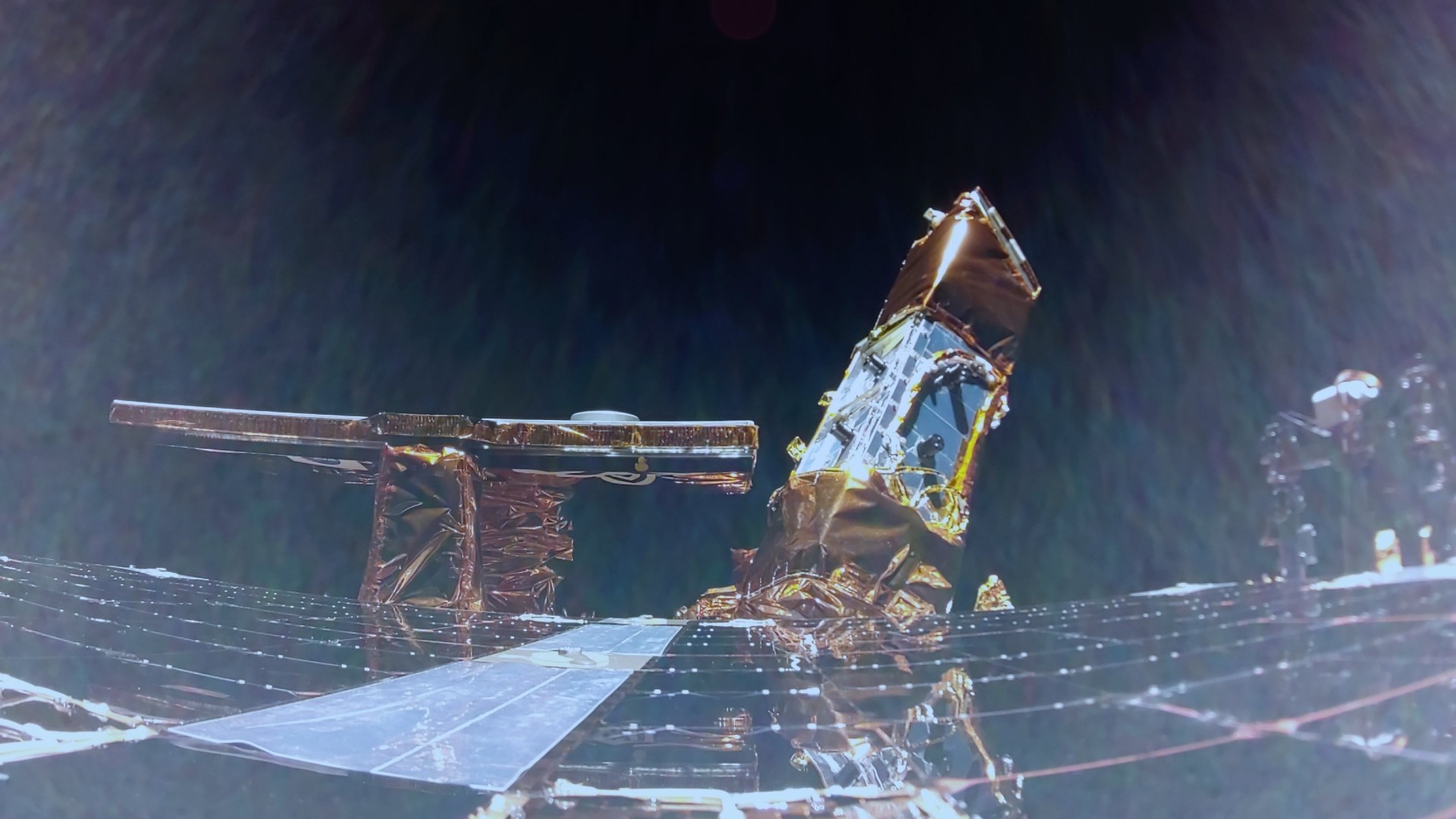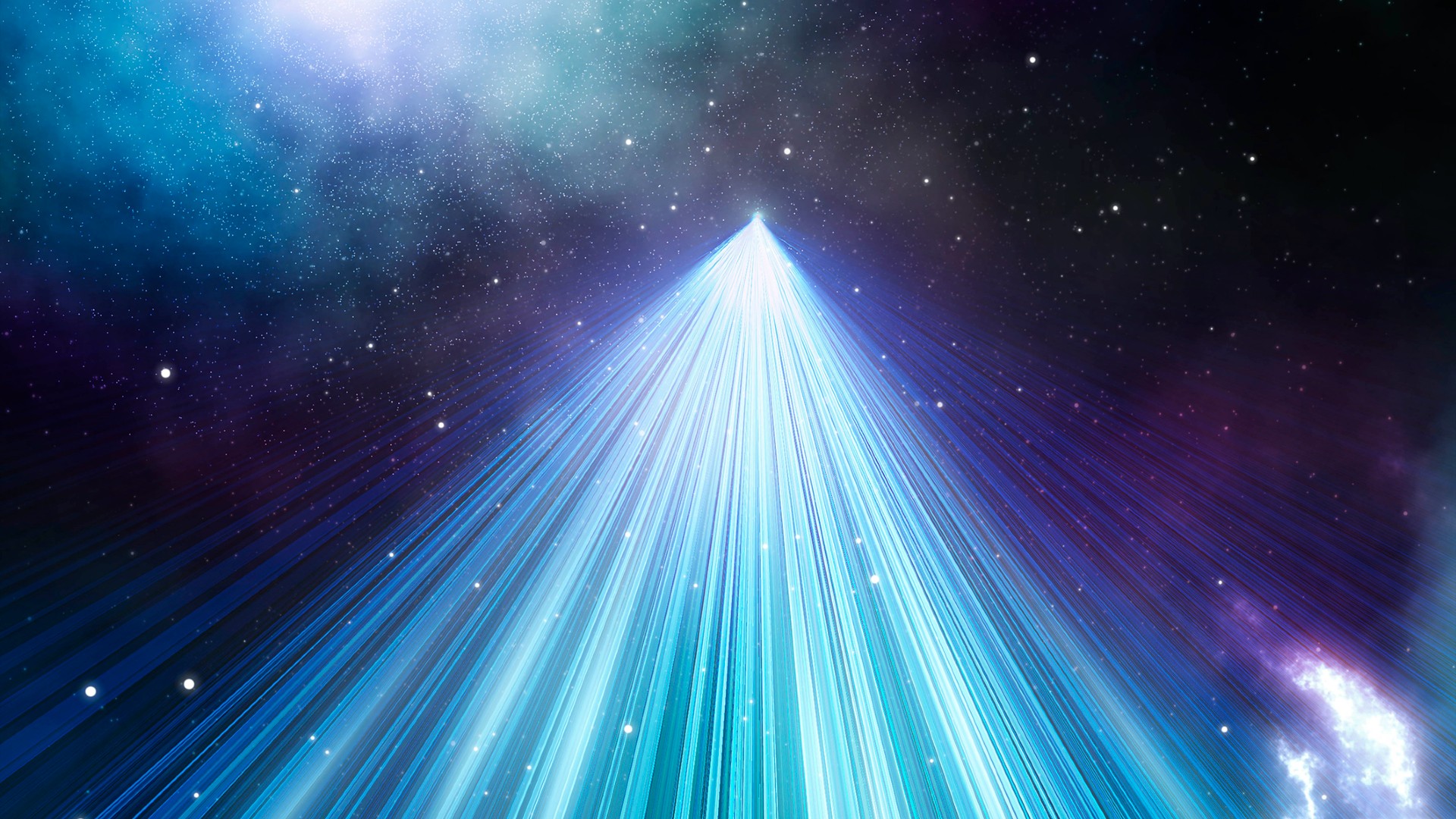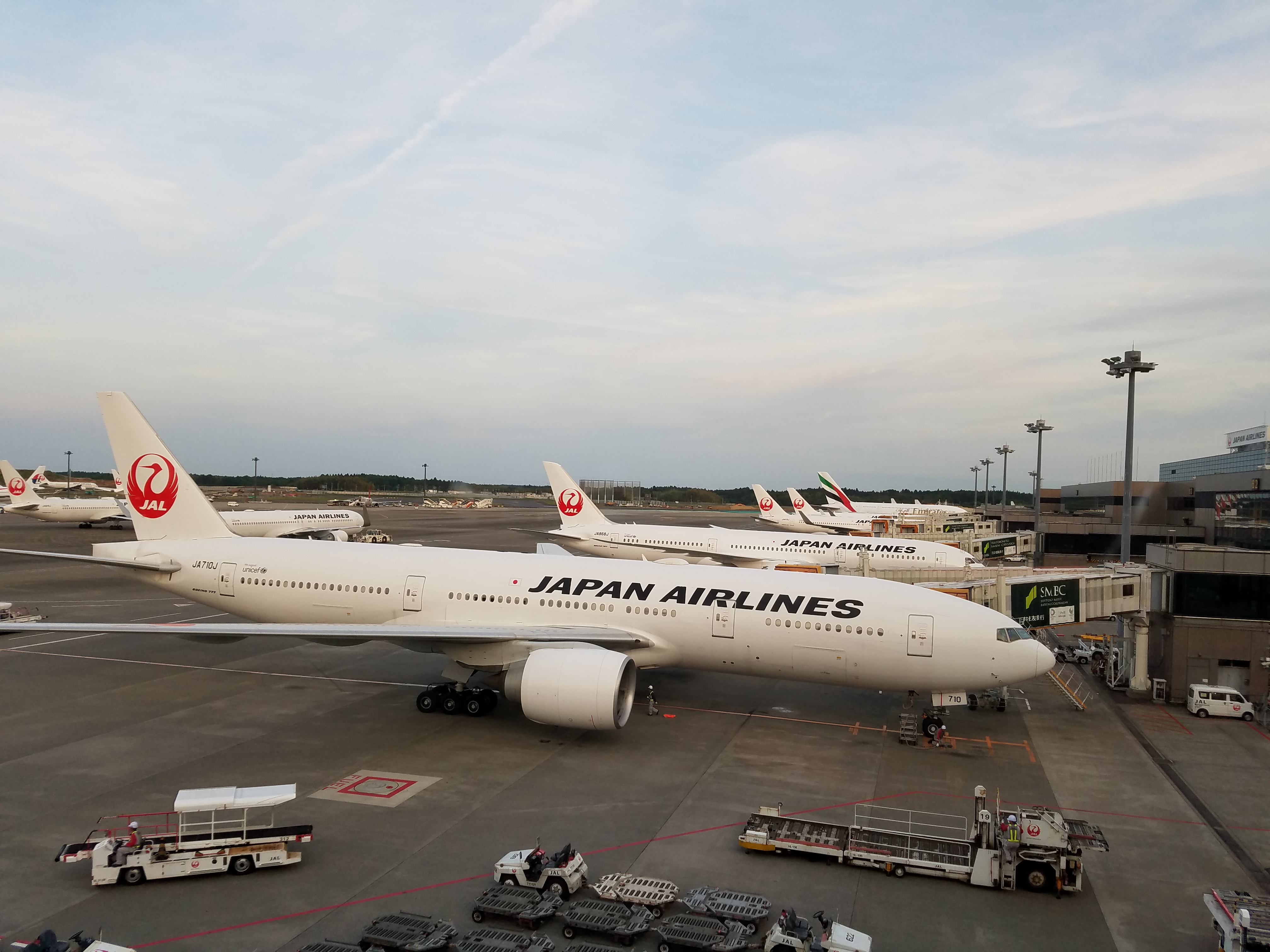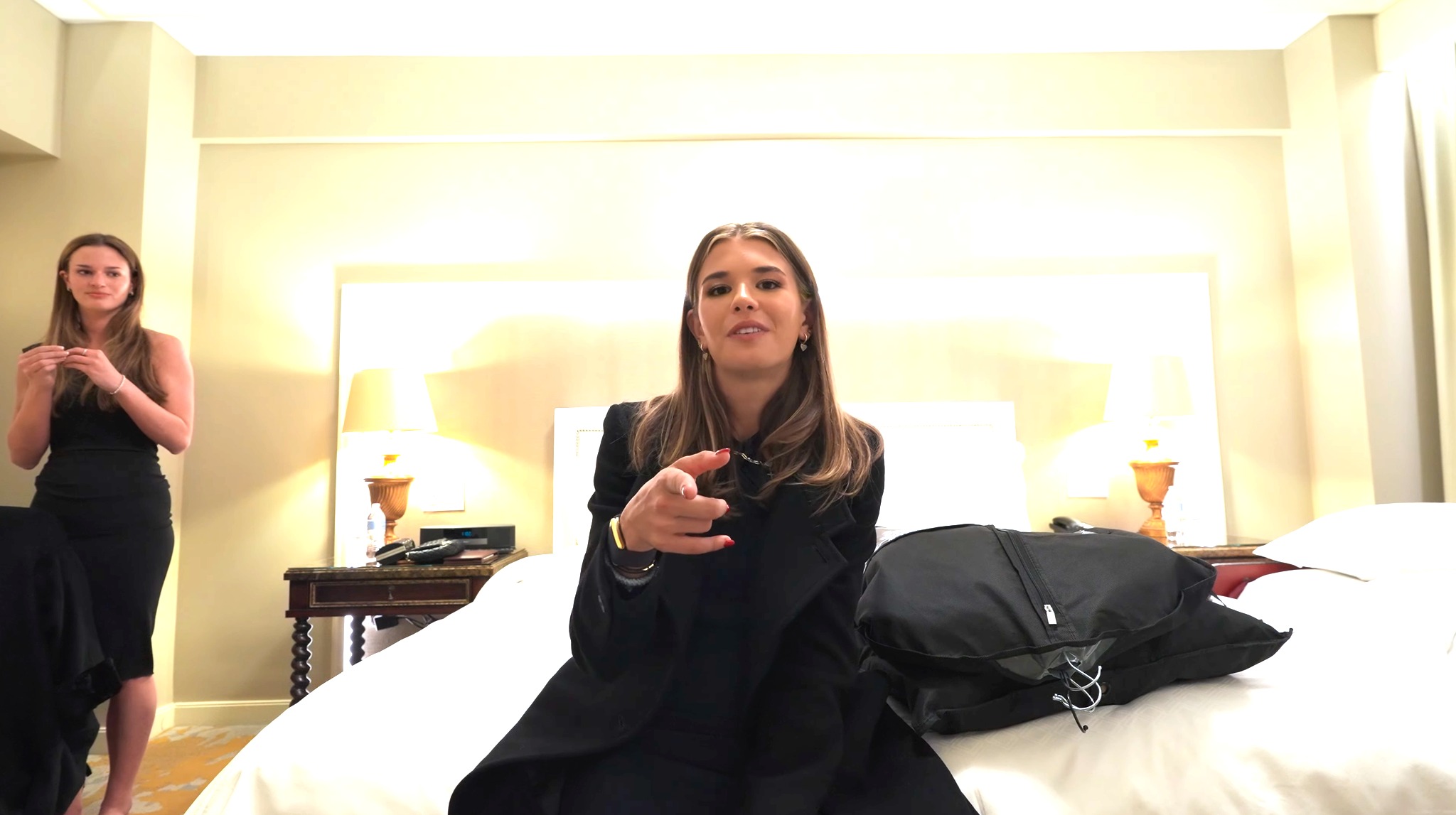Our public lands are not for sale
Utah Republican politicians are attempting to strip protections for 18.5 million acres of Americas’ public lands, which would open the door to privatization of public lands in states from New Mexico to Washington, Montana to California.

The place you first learned to fish or harvested your first elk. The campground your family went to on a long weekend. The trail you hiked to clear your head. The site that has held sacred cultural meaning for thousands of years. The awe-inspiring landscape you watched pass by on a long drive or the place your husband proposed to you.
These are our public lands and your American birthright.
They define our Western landscapes and identity. They are the heart of our way of life, where we create memories, seek out adventure, and hunt and fish to fill our freezers and feed our families.
In a world full of things that you can only enjoy with a swipe of your debit card, these public lands and waters belong to all Americans — regardless of the size of our paychecks. In turn, these lands support a thriving outdoor recreation economy, sustain our rural communities and preserve our Western traditions.
The state of Utah is trying to put all of that at risk.
Utah Republican politicians filed a federal lawsuit last summer attempting a massive land grab that would have stripped protections for 18.5 million acres of America's public lands.
This maneuver, had it been successful, would have opened the door to privatization of public lands in states from New Mexico to Washington, Montana to California. That’s because Utah’s leaders — and other Western officials who have signaled their support — don’t actually want to “transfer” public lands to state management. They want to privatize them.
And they likely would do so. The expense of managing these public lands — especially factoring in the rising costs of managing increasingly catastrophic wildfire seasons — would almost certainly bankrupt Western states' governments. The only way the states could possibly balance their budgets while taking on new costs would be to drastically raise local taxes or to lease and even sell off large parcels of these public lands to the highest bidders.
Our public lands system, on the other hand, carefully manages these lands to balance recreation, conservation and resource development. It also provides important protections for cultural resources and sacred sites.
This is what ensures that the lands we love will be there for our grandchildren, and beyond. It’s how we protect the watersheds that our communities depend on. And it’s how we stop mega-billionaires from turning our American birthright into their fenced-off playgrounds.
Utah’s attempted land grab isn’t new. In fact, exactly a decade ago in a New York Times opinion column, I warned about similar schemes that date back to 19th century railroad tycoons and cattle barons.
The attacks on our public lands are unrelenting, whether from anti-government militants like illegal rancher Cliven Bundy and his sons staging violent confrontations with federal law enforcement or the prior appointment of anti-public lands zealot William Perry Pendley — who believes the “Founding Fathers intended all lands owned by the federal government to be sold."
Now, even with the Supreme Court’s rejection of Utah’s lawsuit, the state’s multi-million dollar effort to undermine and privatize federal public lands still may be the most existential threat yet.
We must protect our public lands.
Aldo Leopold, a visionary forester who helped protect some of our most treasured public lands in my home state of New Mexico and throughout the West, once wrote: “To those devoid of imagination, a blank space on the map is a useless waste; to others, the most valuable part.”
The Utah leaders behind the reckless federal lawsuit may view our public lands as mere blank spots on the map, ripe for wealthy private landowners, commercial developers, oil and gas companies, and mining and timber interests. They’re wrong.
Americans don’t want to find locked gates and “No Trespassing” signs when they go to spend the day with their family at their favorite lake or, as I’ve done on many occasions, chase Gambel’s quail on a patch of Bureau of Reclamation Land.
The reality is that a strong majority of Westerners reject Utah’s shortsighted and purely extractive view of our public lands. That's because we know how valuable these public lands are already.
Plainly put, our public lands are not for sale. And the effort by Utah politicians to steal these places from future generations is un-American.
Our grandkids deserve to know the freedom of standing in the middle of a vast landscape that stretches as far as you can see or in the midst of trees that stretch far above their heads. It’s their American birthright, no matter what's in their bank account.
Martin Heinrich is ranking member of the Senate Energy and Natural Resources Committee.
What's Your Reaction?







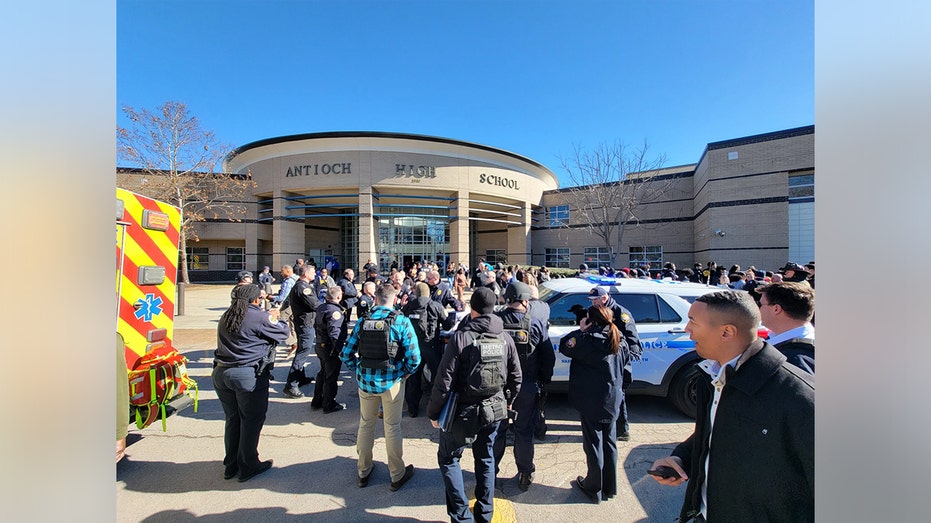
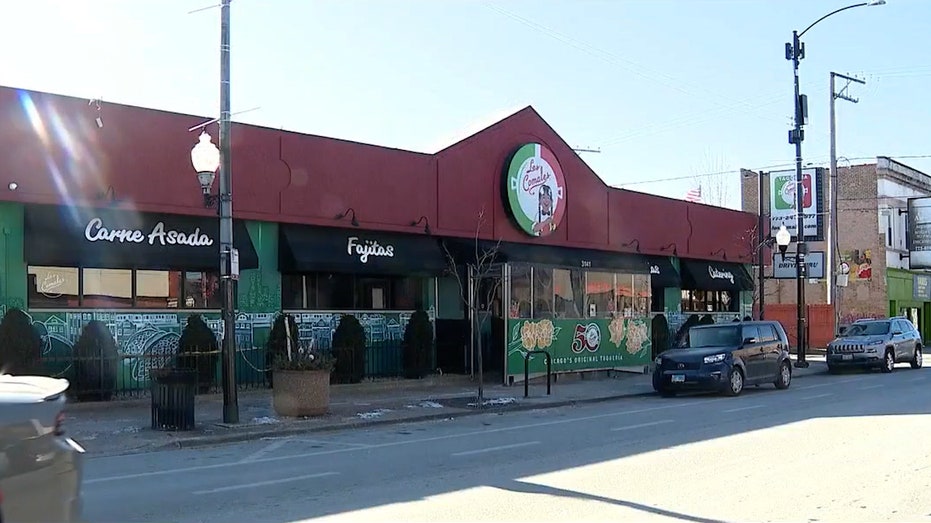



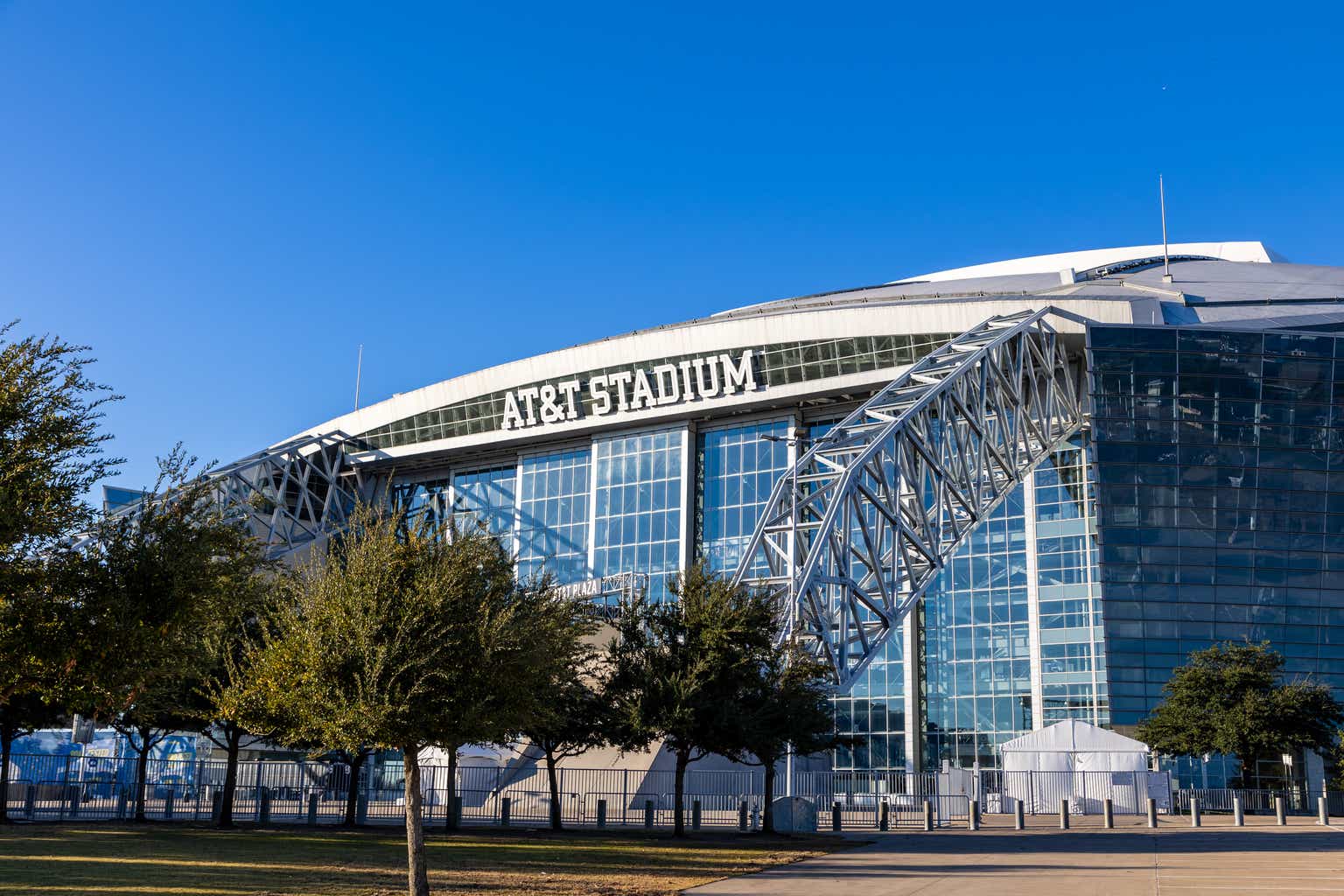








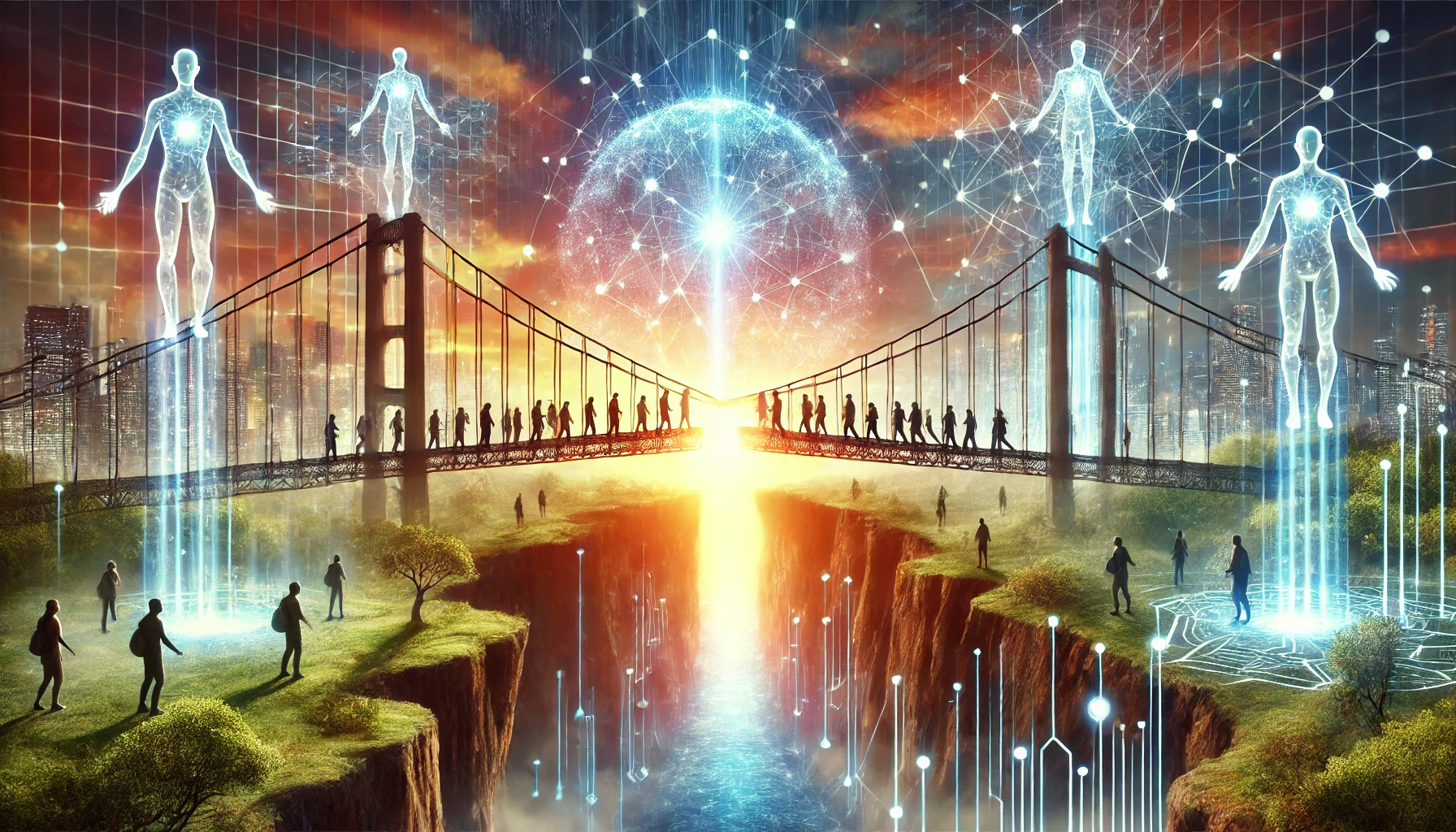






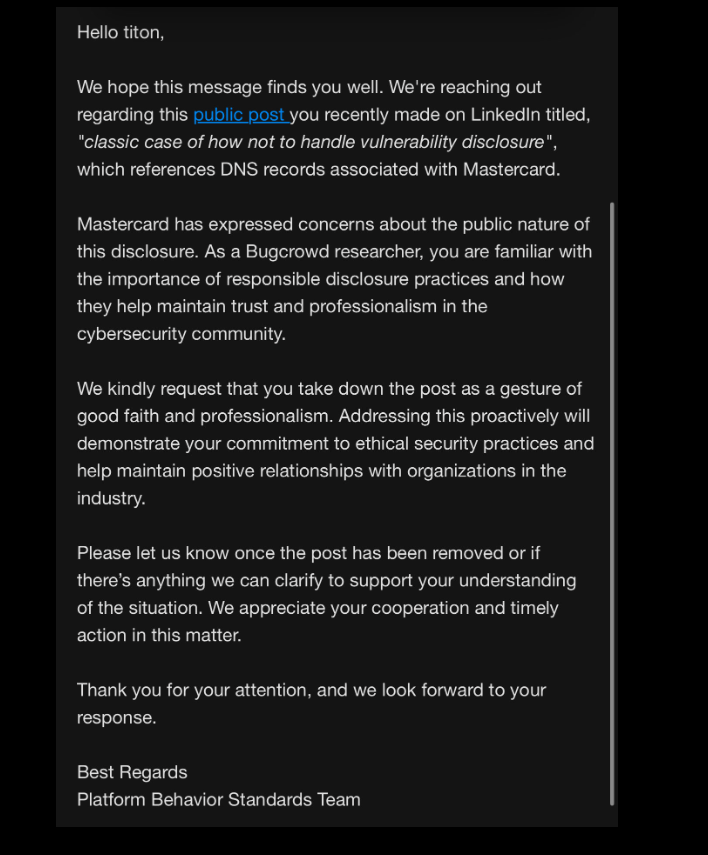

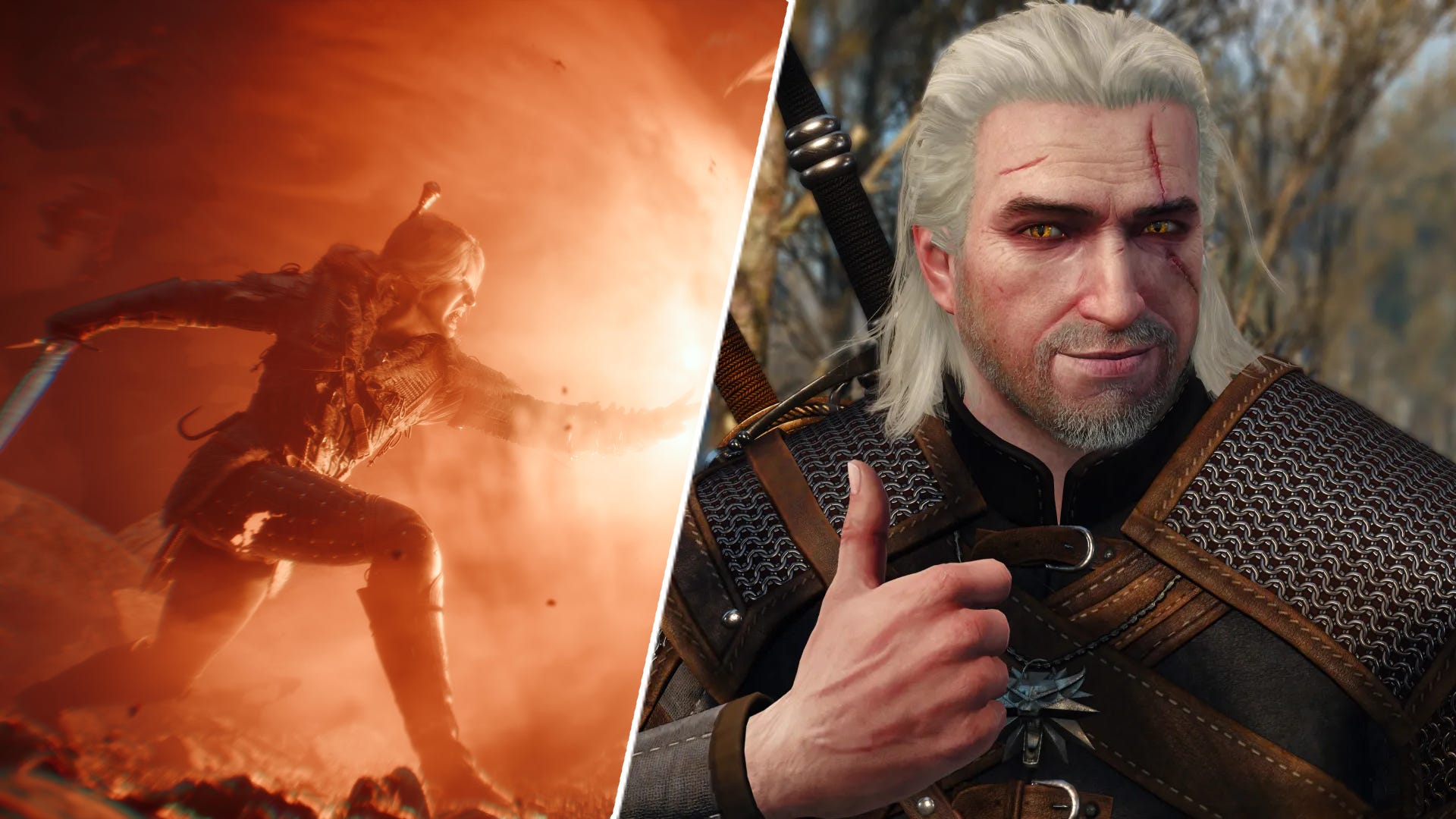
.jpg?width=1920&height=1920&fit=bounds&quality=80&format=jpg&auto=webp#)

